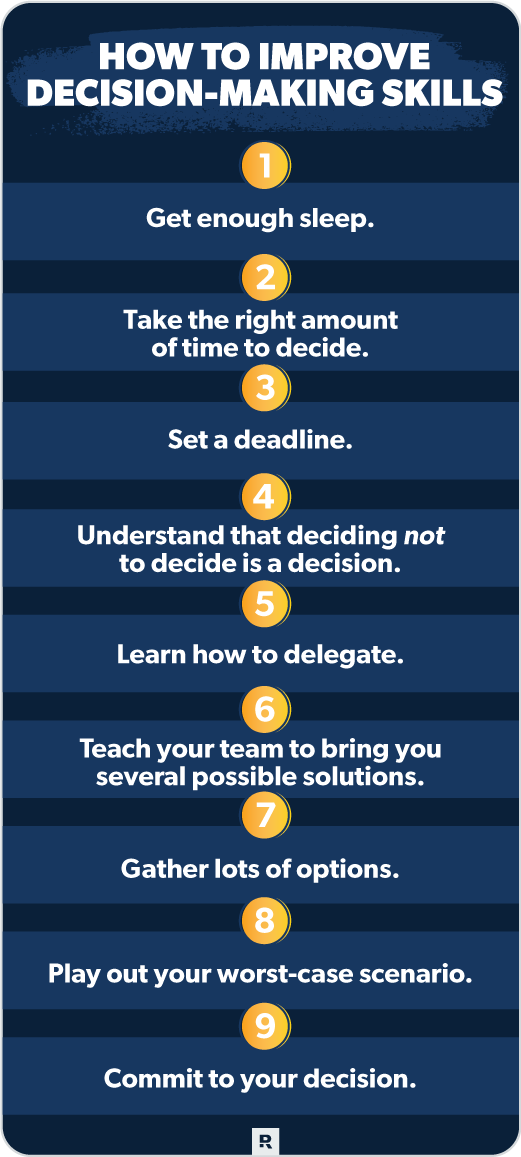Groundbreaking Approaches to Boost Your Decision-Making Abilities Capabilities
In a world defined by swift change and plentiful options, sharpening your decision-making skills is ever more important than at any time. Whether you are traversing personal crossroads or making critical choices in your professional life, the ability to assess options effectively can lead to more satisfying outcomes. Learning the art of effective decision-making necessitates a blend of intuition, analysis, and emotional intelligence, allowing you to face both routine and high-stakes decisions with clarity and confidence.
Here, we delves into creative approaches to enhance your decision-making skills, bringing together proven techniques that can help you make more informed choices under pressure. From understanding the psychology behind great decisions to exploring the importance of mindfulness and emotional intelligence, we will cover a range of strategies designed to strengthen your ability to make decisions effectively. Whether you find yourself overwhelmed by analysis or grappling with the difficulties of indecision, the insights mentioned here aim to enable you to make confident decisions even in ambiguous times. Join us as we explore the methods to transforming your decision-making process and achieving greater success in both your personal and professional pursuits.

Established Methods for Smart Decision-Making
To excel in the art of smart decision-making, one practical technique is the application of a decision-making framework. These structures, such as the SWOT method or the choice grid, help organize your thought process and clarify the pros and disadvantages of each option. By methodically analyzing options, you not only enhance your understanding of the scenario but also diminish the likelihood of being overwhelmed by feelings or prejudice. This structured methodology fosters clarity and helps you focus on what truly matters when choosing a decision.
Another essential technique to enhance decision-making skills is to practice awareness of emotions. Being conscious of your emotions and how they affect your choices can lead to better outcomes. Start by spending a moment to notice how you feel in different situations and reflect on how your emotions affect your reasoning. This increased consciousness can help you pause and analyze instead of reacting impulsively, especially when faced with challenging choices.
Lastly, managing decision fatigue is crucial for preserving mental clarity. When faced with numerous decisions throughout the day, your capacity to make sound choices diminishes. To fight how to make decisions faster , establish routine patterns for mundane choices and reserve your cognitive resources for more important decisions. Focus on taking care of yourself by ensuring sufficient sleep and moments of mindfulness, which can recharge your mind and allow you to tackle decisions with a clearer perspective. By implementing these techniques, you will find yourself making smarter, more assured decisions, both in private and professional environments.
Steering Decisions During Pressure
Forming decisions amidst stress can be challenging, as the stakes frequently feel higher and the opportunity to reflect may be limited. In these circumstances, it is crucial to use strategies that allow for faster evaluations without sacrificing the integrity of the decision. One effective approach is to set up a clear set of criteria for assessment beforehand. This eliminates uncertainty and guarantees that even in high-stress moments, you can depend on a stable structure to guide your choices.
Another important aspect is to nurture a composed state of mind. Engaging in mindful practices can help you handle anxiety and keep concentration when facing strict timelines. Methods such as breathing exercises or brief mental pauses can bring clarity, allowing you to assess the circumstance more rationally. Conditioning your mind to pause and collect thoughts amidst chaos is essential in boosting your decision-making efficacy.
Finally, trust your intuition while balancing them with rational analysis. In times of stress, your gut feeling is frequently rooted in past experiences and schemas, which can be helpful. However, it should complement, rather than supplant, analytical analysis. By combining instincts with a rational assessment of data, you empower yourself to make comprehensive choices even when facing stress.
The Role of Gut Feeling and Rationality in Decisions
Gut feeling and rationality serve as two crucial pillars in the decision-making process. Gut feeling, often described as a instinctive thought, draws on our subconscious knowledge and subconscious knowledge. It is influenced by historical context and learned patterns, allowing for rapid judgments without extensive analysis. While instinct can guide choices under normal circumstances, it can be affected by prejudices, making it essential to be aware of its constraints.
On the flip side, reasoning involves a more systematic approach to decision making. It requires gathering data, analyzing options, and evaluating pros and cons to arrive at a conclusion. This technique is particularly beneficial in situations requiring deliberate consideration and when facing complex problems. While logical reasoning provides clarity and a organized way to consider choices, it can sometimes lead to overthinking, causing holdups in reaching a decision.
Integrating instinct and reasoning is important for efficient decision-making. High-performing individuals often integrate both approaches, using instinct to pinpoint promising options and logic to confirm their choices through analysis. By nurturing an awareness of when to trust your instinct and when to rely on rational thought, you can enhance your decision-making skills and upgrade the quality of your choices.